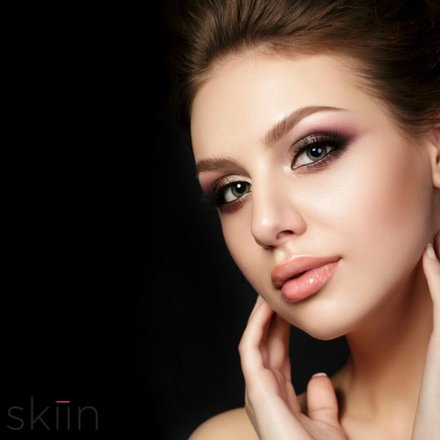COVID - 19 | Message from SKIIN. Read More. | Virtual consulting Available

*Lasers and IPL have been used commercially since the mid-90’s for hair removal, but still there is some confusion between the two: isn’t it the same thing? They’re both as good as each other. Well, no. Whilst there is one main similarity, they are both light-based treatments, there are some significant differences resulting in laser being the clear winner for long lasting hair removal. So, how does long lasting hair removal work? Both treatments involve producing light energy that is then absorbed into the dark pigment of the hair. This is designed to damage the hair follicle, destroying the hair root and disable any further hair growth. The light produced is absorbed best by darker pigments, meaning darker hair responds better to any type of hair removal. Those with ‘peach-fuzz’, blonde, red or grey hairs will have some difficulty with most lasers, but there are some which can better treat those hair types – so don’t lose all hope!
Let’s Get Technical:
Lasers utilise one wavelength to selectively target one specific chromophore (melanin). This allows for deeper penetration and the energy is directed straight to the target and not absorbed by the other chromophores in the path of the beam. Lasers will selectively destroy specific targets and not cause harm to the surrounding tissue when used properly. Laser machines are set to emit the exact wavelength required to treat your hair. IPL devices on the other hand are not lasers. These devices produce a broad spectrum of wavelengths and cannot be focused to a concentrated beam. Because a range of different wavelengths is dispersed at a variety of depths only some of these are totally absorbed by the hair follicle, causing substandard results. IPL typically use a range of wavelengths from 500 – 1000nm and in the method that these wavelengths are exposed to the skin there is no ability for the light to discriminate between chromophores. IPL devices provide a broad range of wavelengths that are absorbed by various chromophores within the skin and due to the broad spectrum of light, obtaining sufficient energy to destroy certain deep targets such as hair often presents a challenge. Smaller, more superficial targets such as pigment and vascular legions absorb the majority of the energy. In order to heat deeper targets, higher energy levels need to be employed which increase the risk of burns and various complications. These adverse effects include hyper-pigmentation, hypo-pigmentation, blistering and potentially scarring. The advantages of using Laser over IPL:
- IPL is a cheaper, less effective technology for reducing body hair.
- Lasers are far more precise and can selectively target dark, coarse hair while leaving the surrounding areas undamaged.
- Each laser pulse takes a fraction of a second and can treat several hairs at a time.
- Laser settings can be adjusted to suit your specific skin tone and hair colour.
- Lasers have the capability to safely treat all skin colours, whereas IPLs can cause burn on darker skin types.
The main difference between Laser and IPL for hair removal purposes mainly lies in the technology that each use to generate light as well as the different properties of light being used. Laser technology is simply much more precise, and achieves substantially better results than IPL with most clients achieving optimal results of hair removal of 80% or greater after 4-8 treatments. IPL’s do however have an important place in the treatment of skin. IPL treatments such as our LimeLight Facial provides adequate treatment for skin problems such as superficial pigmentation, redness and capillaries but do not provide preferable results with hair removal. In addition, these devices are not suitable for darker skin.
* Disclaimer : The content of the SKIIN Clinic web site, such as text, graphics, images, and information obtained from third parties, are for informational purposes only. Results from series of treatments performed may vary from a person to another. It is recommended to consult our qualified doctors, nurses or skin therapist prior to performing a treatment.






